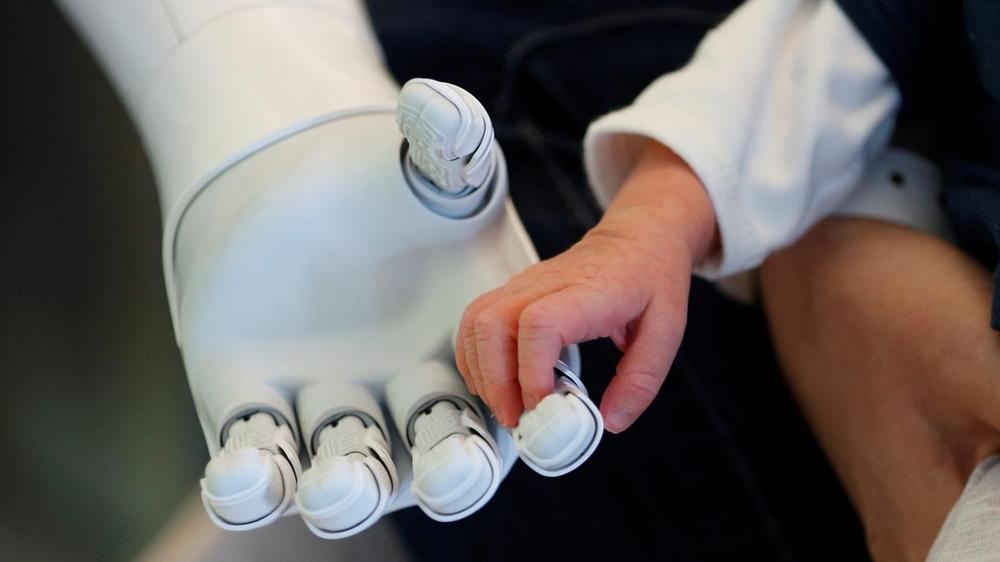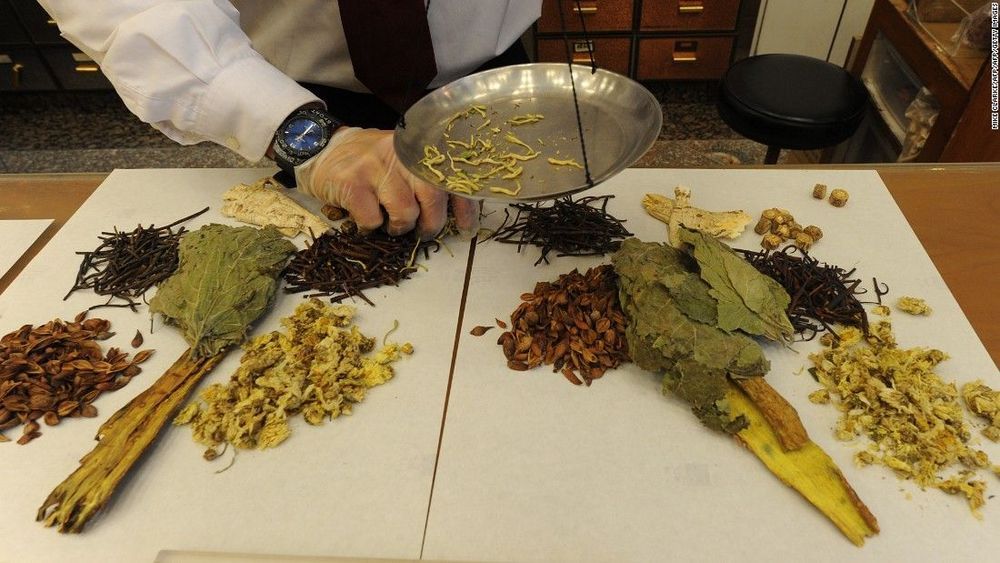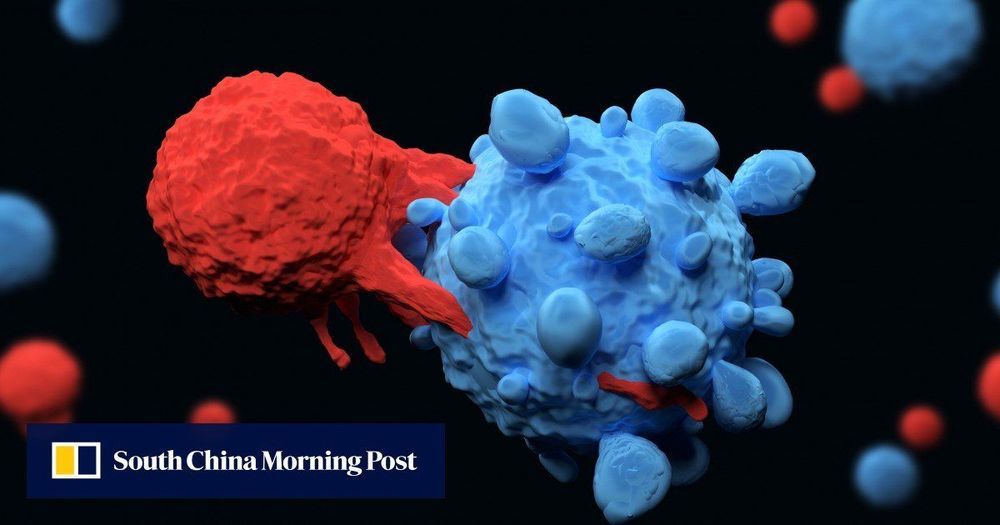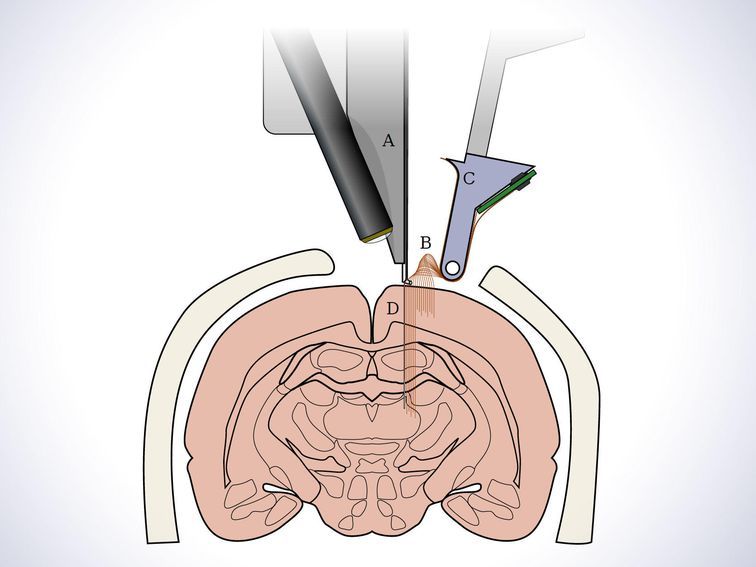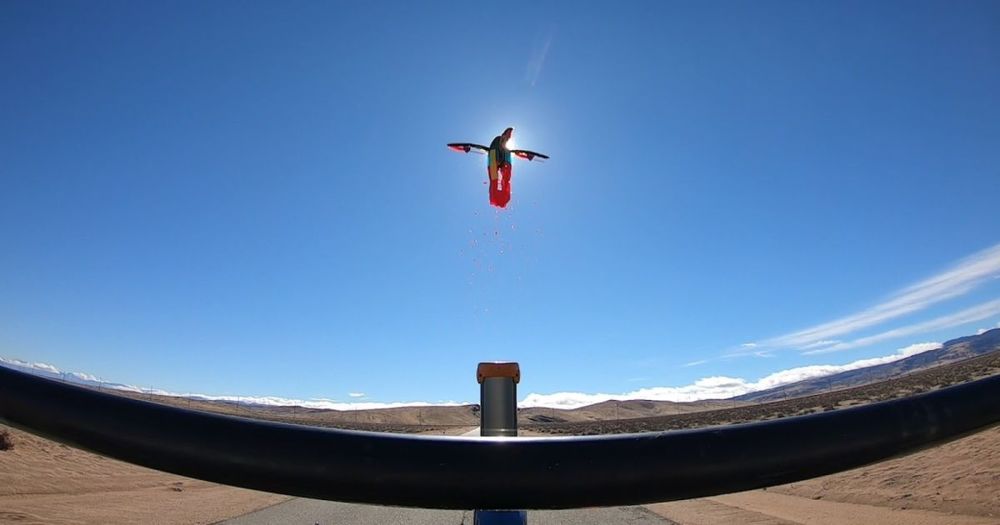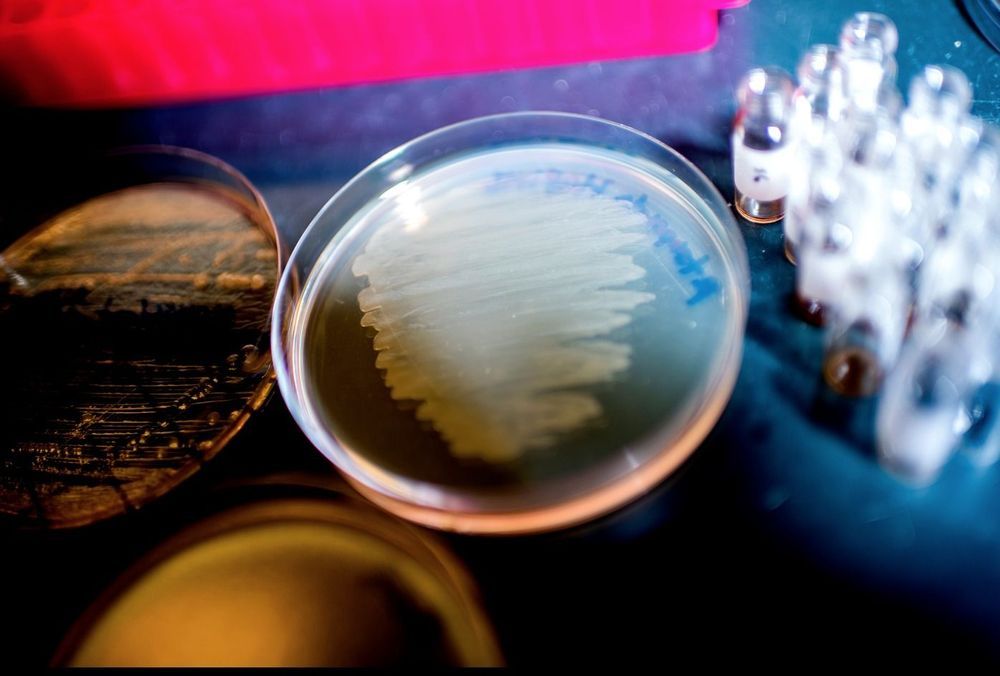I have a four-foot-tall robot in my house that plays with my kids. Its name is Jethro.
Both my daughters, aged 5 and 9, are so enamored with Jethro that they have each asked to marry it. For fun, my wife and I put on mock weddings. Despite the robot being mainly for entertainment, its very basic artificial intelligence can perform thousands of functions, including dance and teach karate, which my kids love.
The most important thing Jethro has taught my kids is that it’s totally normal to have a walking, talking machine around the house that you can hang out with whenever you want to.
